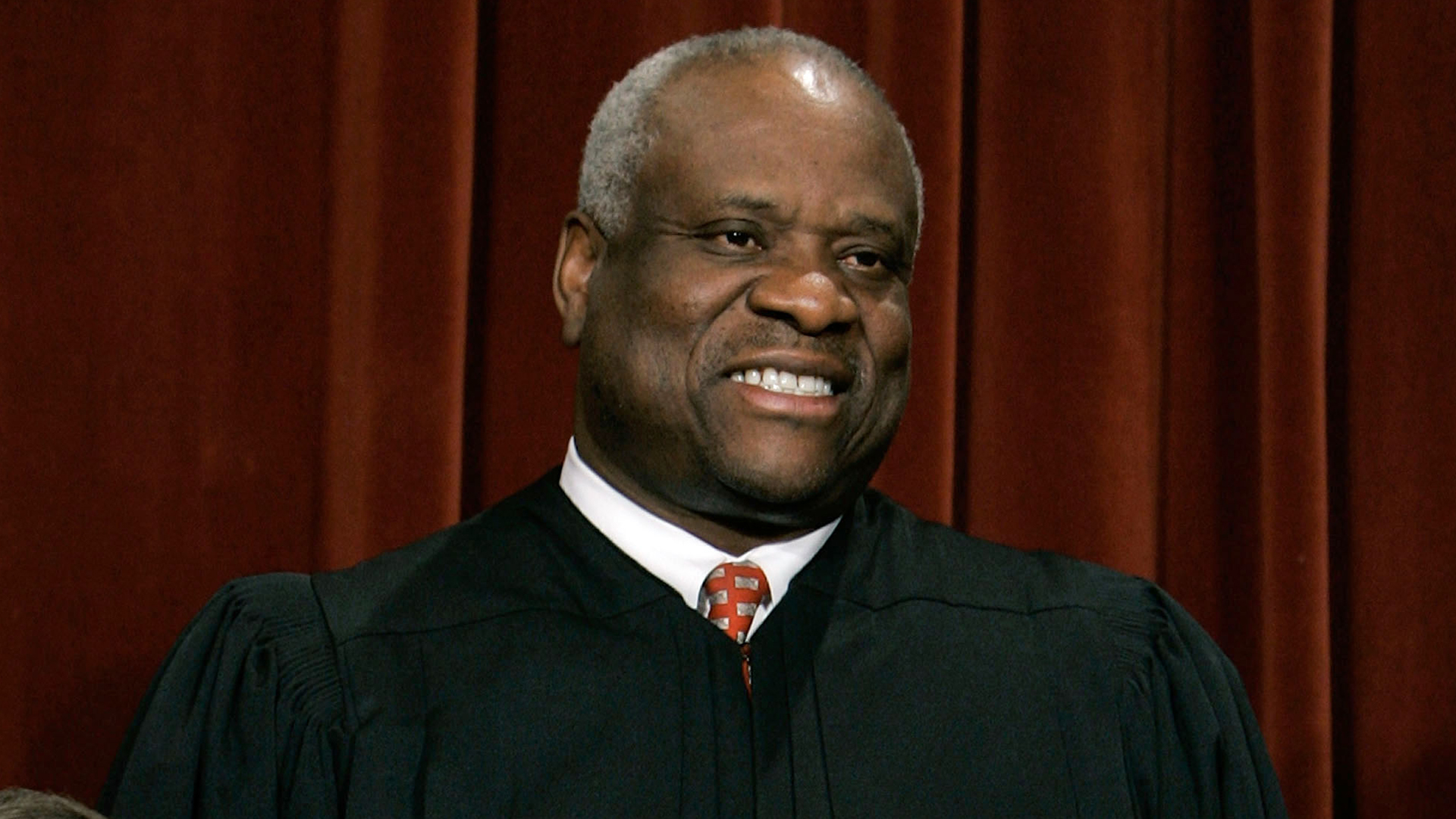OPINION: This article may contain commentary which reflects the author's opinion.
The Supreme Court is set to be back to work in October and one case that it has agreed to hear has many waiting in anticipation.
The case is to decide if Republican legislators from North Carolina GOP have the authority to draw a partisan election map and not have state judges interfering, Just The News reported.
The decision could impact future congressional and presidential elections. The high court will take up the case when its next term begins in October.
The case of Moore vs. Harper, asks the court to uphold the concept – known as the “independent state legislature” theory – that state legislators have the sole and “independent” authority to set rules for federal elections in their states, without interference or oversight by the governor or the state judges.
North Carolina GOP House Speaker Timothy Moore asked the high court to consider the case on appeal of his own state Supreme Court’s decision earlier this year to strike down the theory relating to a gerrymandering case.
“In an election case out of North Carolina, SCOTUS agrees to review the “independent state legislature” theory next term. Under that theory, state legislatures have broad power to set rules for federal elections, even if state courts say those rules are unconstitutional,” SCOTUS Blog said.
“The North Carolina election case is Moore v. Harper. SCOTUS also adds two other new cases to its docket for next term: Percoco v. U.S. (a case about honest-services fraud brought by a former Andrew Cuomo aide) and Ciminelli v. U.S. (a case about federal wire fraud),” it said.
The North Carolina election case is Moore v. Harper. SCOTUS also adds two other new cases to its docket for next term: Percoco v. U.S. (a case about honest-services fraud brought by a former Andrew Cuomo aide) and Ciminelli v. U.S. (a case about federal wire fraud).
— SCOTUSblog (@SCOTUSblog) June 30, 2022
“In addition to those three grants, SCOTUS declines review in a challenge to New York’s vaccine mandate for health care workers,” it said.
The court had a busy day on Thursday as it handed decisions in two major cases.
In the case of West Virginia v. the Environmental Protection Agency, the Court ruled 6-3 to curb the agency’s authority to regulate greenhouse gasses.
Chief Justice John Roberts wrote the opinion. The Court’s three liberal justices dissented.
The Supreme Court sharply curtails the authority of the EPA to regulate greenhouse-gas emissions that cause climate change. In a 6-3 ruling, the court sides with conservative states and fossil-fuel companies in adopting a narrow reading of the Clean Air Act.
— SCOTUSblog (@SCOTUSblog) June 30, 2022
The Supreme Court's first decision of the day is West Virginia v. EPA. In a 6–3 decision by Roberts, the court strictly curbs the EPA's power to mandate carbon emissions from existing power plants. https://t.co/EaPGix54LE
— Mark Joseph Stern (@mjs_DC) June 30, 2022
“Republican attorneys general will argue the EPA has no authority to regulate planet-warming emissions from the power sector. Instead, they will say that authority should be given to Congress,” CNN reported. The case also has enormous implications for Biden’s climate agenda. With legislative action on climate looking uncertain at best, a Supreme Court decision siding with coal companies could undercut an important way the administration planned to slash emissions at a moment when scientists are sounding alarms about the accelerating pace of global warming.”
“The power sector is the country’s second-largest emitter of greenhouse gas. Power emissions rose last year, mainly driven by coal. Experts say West Virginia v. EPA is a highly unusual case because there is no current EPA rule on power plant emissions. Plaintiffs are asking the court to block the EPA from implementing future rules,” the outlet added.
West Virginia Attorney General Patrick Morrisey, the main plaintiff in the case, was joined by Republican attorneys general from more than a dozen other states.
It also delivered its long-awaited ruling on the Trump administration’s “Remain in Mexico” policy.
The case involved the Biden administration trying to end the Trump-era policy, which required asylum-seekers to wait in Mexico as their cases make their way through U.S. immigration courts. The Trump administration sent more than 70,000 asylum-seekers to Mexico under the policy.
In a 5-4 ruling, the Court ruled that President Joe Biden’s administration can terminate the Trump-era immigration policy.
Conservative Justices John Roberts and Brett Kavanaugh joined liberal the justices in the decision.
Here is the opinion from John Roberts in Biden v. Texas: https://t.co/zuSZpiDQP0. Roberts is joined by the three liberals + Kavanaugh. Thomas, Alito, Gorsuch, and Barrett dissent.
— SCOTUSblog (@SCOTUSblog) June 30, 2022
“The case reached the Supreme Court after a federal district judge in Texas last year ruled that the Biden administration violated immigration law by not detaining every immigrant attempting to enter the country. U.S. District Judge Matthew J. Kacsmaryk ordered the Biden administration to restart the Migrant Protections Protocols, also called “remain in Mexico,” which the Trump administration first implemented in January 2019 and Department of Homeland Security Secretary Alejandro Mayorkas canceled in June 2021,” the Texas Tribune reported.
“That decision led Texas and Missouri to sue the Biden administration in April 2021, arguing that canceling MPP violated administrative law and that without the program, human trafficking would increase and force the states to expend resources on migrants — such as providing driver’s licenses, educating migrant children and providing hospital care. The Biden administration argued it has the discretion to end the program and that it was not an effective way to deal with migrants seeking asylum,” the outlet added.
